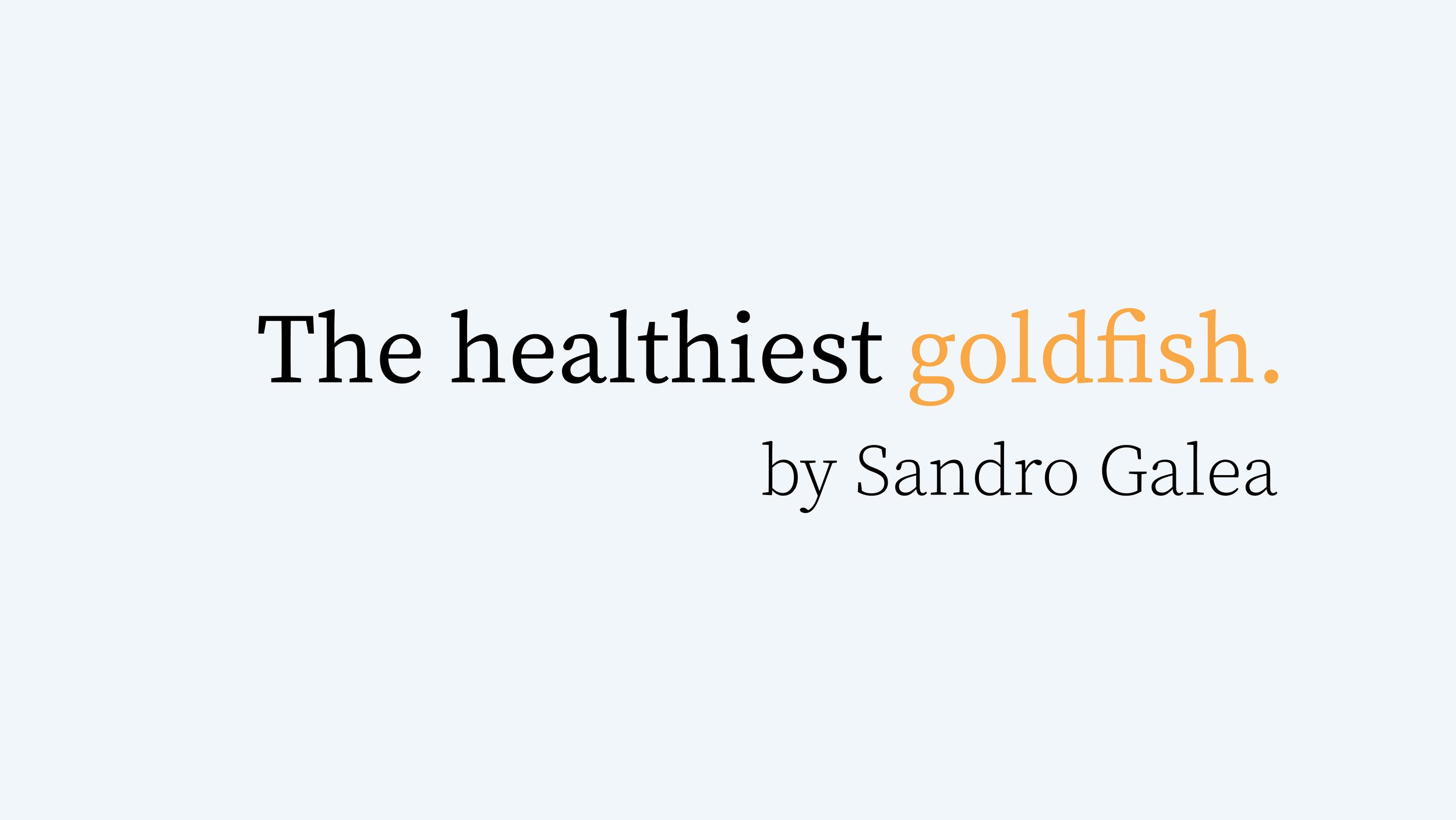On creating space for reflection about the right response to tragedies.
We are all aware of the deeply challenging time we are in for the world at large, and in particular for our friends, loved ones, and colleagues from the Middle East. I recently wrote about my thoughts on the Hamas attack on Israel. My thoughts in this prior writing, and since, have been shaped by conversations with colleagues, staff, students, faculty, alumni, in person and online. I have found all conversations thoughtful, condemning the brutal killing of civilians in Israel, while also with honesty recognizing the horrors faced by Palestinians for so long. For these conversations, I am immensely grateful.
As the Hamas-Israel war progresses, and I have continued to engage in these conversations, I have realized that much of what these discussions have addressed intersects with themes I have discussed in The Healthiest Goldfish. Centrally, these include the importance of elevating conversations that are compassionate, respectful, open to all perspectives, and reasoned in their pursuit of truth in a complex, at times chaotic and uncertain, historical moment. With this in mind, I wanted to reflect a bit here on continuing to shape a conversation that reflects these qualities, an effort that is particularly necessary in emotionally charged moments of crisis. In grappling with a moment when there is much heat, and much less light, how can we engage in a way that lives up to our responsibilities in public health? Let me here offer four thoughts that emerge from this moment but that perhaps also have valence for all matters we deal with that require a thoughtful engagement in difficult times.
Read more here




